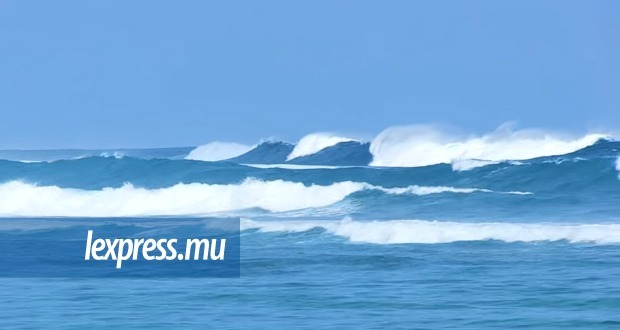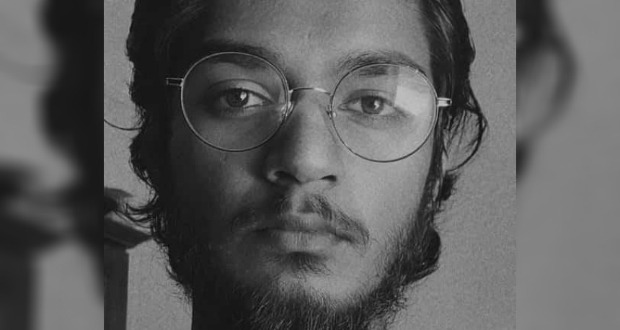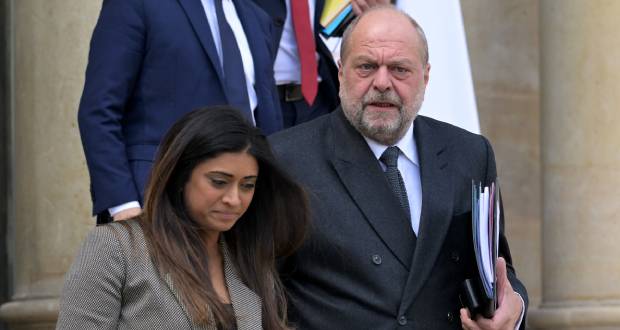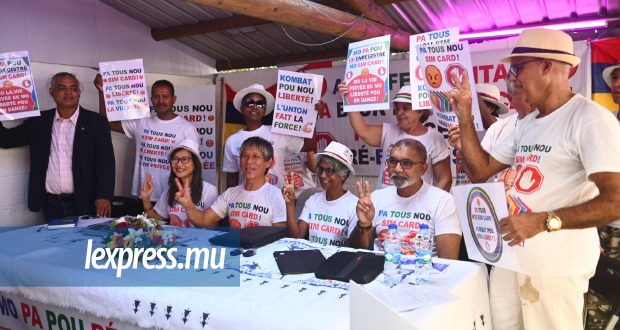Publicité
Independence for Chagossians? Time to End Colonialist Policies
Par
Partager cet article
Independence for Chagossians? Time to End Colonialist Policies
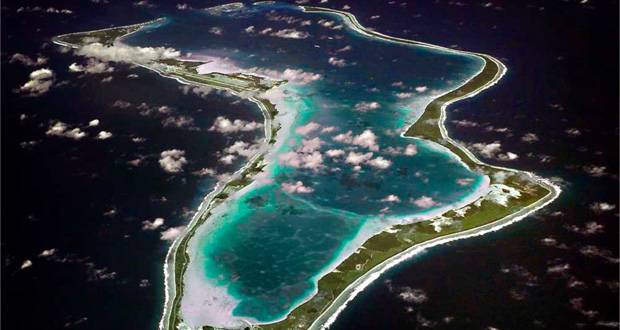
In a recent speech regarding budgetary measures for 2022–23, the Mauritian minister of finance, economic planning and development, Renganaden Padayachy, pledged to continue the efforts to decolonize the Chagos Archipelago. For nigh on fifty-seven years, this issue has been buried under the rigmarole and casuistry of both Washington and Westminster.
Originally a "dependency" of the British colony of Mauritius, the archipelago was excised from the country's jurisdiction in 1965. Since then, the US and UK have established and maintained a military base on Diego Garcia, the largest of the islands. However, the decision to do so came at an extremely inhumane cost but one that was barely a burden for the Anglo-American dyad: the expulsion of native Chagossians from land that is rightfully theirs.
Since independence, the Mauritian government has remained more or less consistent in its claims that the Chagos Archipelago belongs to them. However, much akin to the British and American governments, Mauritius is not entirely innocent of the current situation of Chagossian refugees. The discourse has been twisted to the point of excluding what should really be the crux of the conversation: the history of the island's inhabitants, their efforts at homesteading, and how government after government has targeted the archipelago for its own interests.
The Chagossians as Homesteaders
The people that are referred to as the Chagossians trace their origins back to the establishment of the first successful colony on the islands by the French in 1793. Under French rule, slaves were brought mostly from Mozambique, Senegal, and Madagascar to work on coconut plantations for the extraction of copra. With the capture of Mauritius by the English in 1810, the Chagos Islands consequently became British territory as well.
With the abolition of slavery in 1835, indentured laborers predominantly from South India were sent to work on the plantations. Eventually, the former slaves and laborers intermarried, resulting in the creation of Chagossian Creoles, known as the Ilois (islanders). The growth of the Chagossian population continued at a steady and impressive rate.
By the beginning of the twentieth century, native Chagossians, 60 percent being of African and Malagasy descent and 40 percent of Tamilian descent, had access to basic education and medical facilities and an adequate standard of living, without the Damocles sword of intercommunal friction, or at least not the same magnitude of strife that was found in Mauritius at the time. Hence the argument that the star-spangled banner or Union Jack need to be planted on territories not their own for the sake of "security" or "development" is not only misplaced here; it is almost mirthless.
By all accounts and from all angles, the Chagossian claim to the islands as their rightful home holds under scrutiny; the homesteading principle, which is the bedrock of property rights in libertarian thought, argues that when individuals or groups are denied their freedom and their labor is exploited, the land that they shaped through their physical efforts ultimately belongs to them, not to the party that may stake a claim to it by mere contract. Just as this applies to lands worked by slaves in the United States, it means that the Chagos Archipelago belongs to the slaves and indentured laborers who "mixed" their labor with the land.
Stripes and Saltires
In 1965, the United Kingdom removed the archipelago from the control of colonial Mauritius for the creation of an American military base. To this very day, the islands continue to be used as a base for military operations, surveillance, and the rendition of prisoners. In his account of the Chagossians' contestation of their expulsion before the House of Lords in late June 2008, David Vine provides the specifics of the entire arrangement:
Between 1968 and 1973, Britain forcibly removed the islanders, who numbered about 2000 at the time, 1200 miles away to Mauritius and the Seychelles. For its efforts, Britain received $14 million in secret US payments. Dumped in exile, the islanders found lives of poverty, illness and unemployment. Most remain impoverished to this day, living as the poorest of the poor in Mauritius and the Seychelles.
The entire foundation of the Chagossians' case rested on the premise that as British subjects at the time of their expulsion, they were afforded the "right of abode," meaning that they could not be exiled from land that was theirs: barrister Sir Sydney Kentridge argued that this was:
An "ancient right" firmly entrenched in English common law, international law and the Magna Carta's declaration that "No freeman shall be taken or imprisoned … or exiled, or any other wise destroyed."
Naturally, the British government employed every possible technicality in its arsenal to argue the opposite case: the government's lead barrister, Jonathan Crow, argued that as the Chagossian expulsion was carried out as a "royal prerogative," it was immune from review by the House of Lords. It is almost a tragicomedy of Brobdingnagian proportions, that in defending the powers of a head of state, inarguably a cultural treasure of Britain, the government sought every trick available to circumvent the Magna Carta, a document that they have long claimed as a cultural treasure.
Conversely, British governments have even resorted to liberal farces to perpetuate their control over the islands: in April 2010, David Miliband, then foreign secretary to Prime Minister Gordon Brown of the Labor Party, announced that he sought to establish a Marine Protected Area (MPA) around the Chagos Archipelago. While he assured skeptics that it would not hinder the eventual resettlement of the Chagossians, critics rightfully saw this proclamation of "environmental stewardship" by a liberal regime as nothing more than another strategy of asserting British sovereignty in the Indian Ocean. Evidently, it makes very little difference which end of the political spectrum holds power within a specific term: the immorality and intricacy of the state-military machinery allows for very little regard for the rights of those considered acceptable casualties of issues of "national security."
Conclusion
On February 14 of this year, Mauritian ambassador to the UN Jagdish Koonjul, hoisted the Mauritian quadricolor flag on the atoll of Peros Banhos, part of the Chagos Archipelago, and sang the Mauritian national anthem with several officials in a formal challenge to British authority over the islands. As evocative and patriotic as this gesture may have been, all it did is detract from what should have been the focal point of the issue all along: the demands of the Chagossians.
Be it those who have settled in Mauritius, Seychelles, or the UK, the Chagossians lack the confidence in Mauritius that the latter seems to have in itself as a sovereign nation. They have come to view Mauritius' lamentations of regret and remorse over the archipelago as hollow and meaningless. Resettlement of the Chagossians has to be decided by the Chagossians; just as the land was theirs to begin with, so must be the terms of their return. It cannot simply be an aim or goal written in a manifesto beneath a glorified coat of arms.
Publicité
Les plus récents

